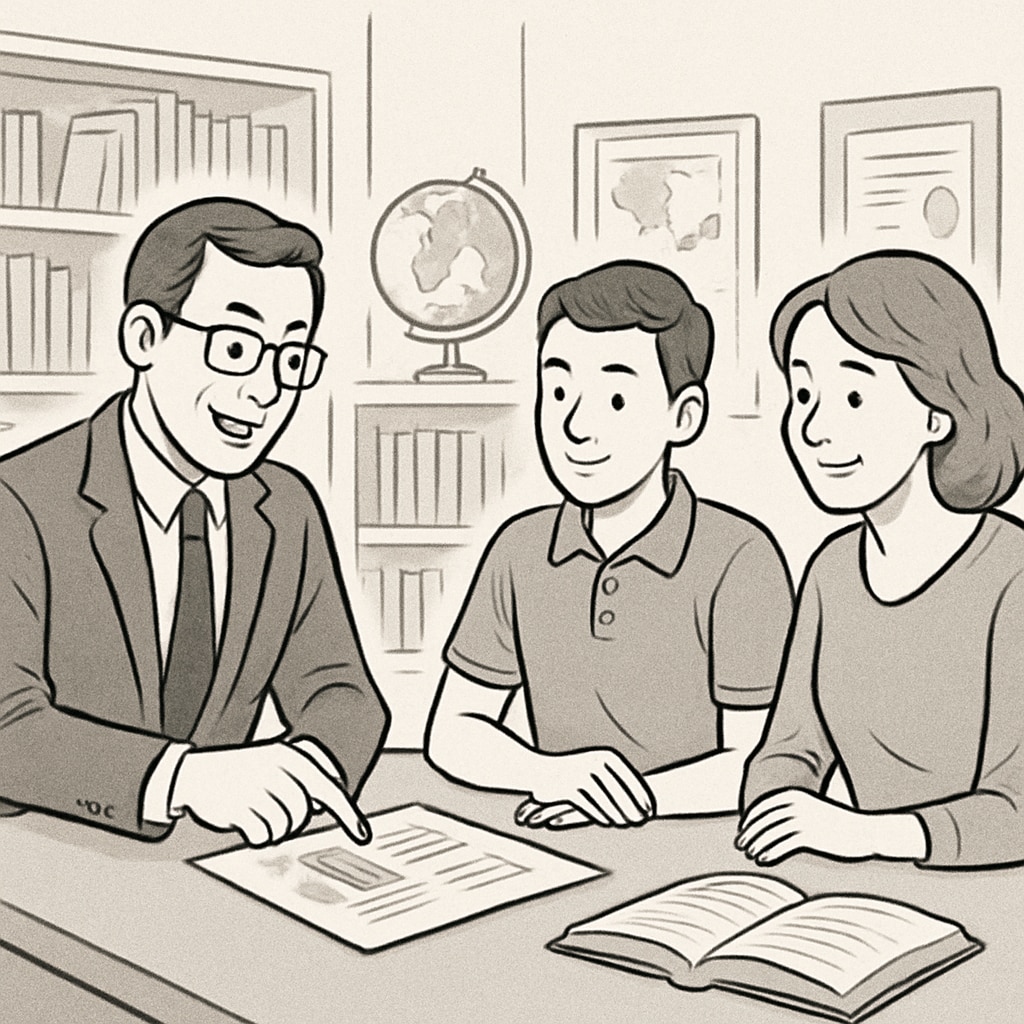In the pursuit of academic excellence and international opportunities, many families today are exploring ways to prepare their children for global education pathways. For parents considering overseas education, especially applying to U.S. master’s programs, the process can seem overwhelming. However, with a strong foundation in K12 education, children can develop the skills and mindset necessary to thrive in a competitive international environment. By understanding how to foster global readiness and selecting the right resources—like reliable consultancy services—parents can set their children on the road to success.
Building International Competitiveness from K12 Education
The foundations of international competitiveness are laid early in life. K12 education, which spans from kindergarten to 12th grade, is a critical period for developing key skills and habits. As globalization reshapes educational and professional landscapes, children need exposure to diverse perspectives, robust critical thinking abilities, and strong communication skills.
Here are some strategies to cultivate these qualities:
- Emphasize language proficiency: English fluency is essential for students aiming to study in the U.S. Encourage early development through language immersion programs, English-speaking environments, or extracurricular activities focused on communication.
- Engage in international experiences: Participation in exchange programs, model United Nations (MUN), or overseas summer camps can provide valuable exposure to new cultures and broaden children’s perspectives.
- Focus on extracurricular excellence: Activities like STEM competitions, art showcases, or volunteering projects demonstrate well-roundedness—an essential factor for both undergraduate and graduate admissions.
By incorporating these elements into their child’s formative years, parents can ensure a strong foundation for future academic and career pursuits.

Rationally Choosing Resources for Overseas Study
When planning for higher education abroad, many families turn to external resources such as education consultants. These professionals provide tailored advice on program selection, application processes, and even essay writing. For families targeting U.S. master’s programs, choosing the right consultancy can significantly impact outcomes.
Here’s how to approach the selection process:
- Research credentials: Verify the agency’s track record, client reviews, and success rates. Look for consultants with expertise in U.S. programs and a deep understanding of admission requirements.
- Avoid one-size-fits-all solutions: Each student’s aspirations and strengths are unique. Seek consultants who offer personalized guidance rather than generic templates.
- Monitor costs: While consultancy services can be invaluable, it’s essential to understand the fee structure and ensure transparency. Compare costs across agencies to find a balance between quality and affordability.
Additionally, parents should stay actively involved throughout the process. Regular communication with consultants ensures alignment with the child’s goals and helps avoid potential pitfalls.

Preparing for U.S. Master’s Programs
Applying to a U.S. master’s program requires more than just an impressive academic record—it demands careful planning and a comprehensive understanding of the application components. Beyond consultancy, students should focus on the following:
- Standardized tests: Exams like the GRE or GMAT are common requirements. Encourage your child to dedicate time to preparation, ideally starting during their undergraduate studies.
- Strong personal statements: Essays that highlight a candidate’s academic journey, career goals, and unique experiences can set them apart. Authenticity and clarity are key.
- Relevant experience: Internships, research projects, or work experience related to the field of study demonstrate dedication and readiness for advanced learning.
By combining these elements with a solid foundation from the K12 stage, students can confidently approach their master’s applications and excel in their chosen fields.
In conclusion, building international competitiveness and preparing for overseas education begins long before the application process. With a forward-thinking approach to K12 education and the strategic use of external resources, parents can help their children unlock opportunities on the global stage. Whether it’s finding the right middle school extracurriculars or selecting the best consulting firm for U.S. master’s applications, every step counts toward shaping a successful academic future.
Readability guidance: This article uses concise paragraphs, clear transitions, and actionable advice to ensure accessibility for a broad audience. It emphasizes the importance of early preparation and informed decision-making, catering to parents and students alike.


